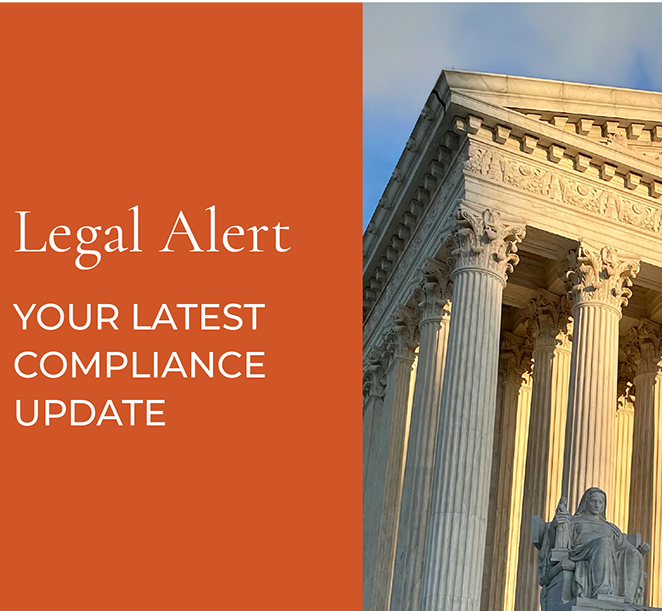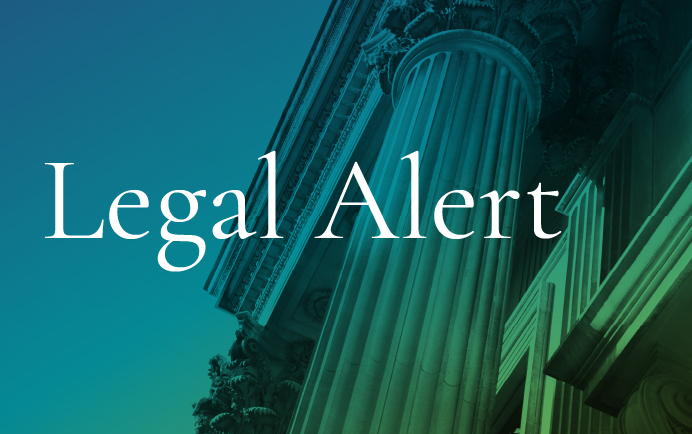The Hazards of Making a Health Plan Exception
Allowing health plan changes outside of open enrollment without a permitted mid-year election change is risky. Doing so may lead to the following:
1. Cancellation of your group health insurance plan,
2. Disqualification of your cafeteria plan, and/or
3. Opening the door for litigation or claims of discrimination.
For these reasons, Lumity strongly recommends you never make an exception outside a defined enrollment window, unless it is based on a permitted mid-year election change that has been defined in the health plan’s governing documents.
What Every Employer Needs to Know
Under the Employee Retirement Income Security Act of 1974 (ERISA), the “plan administrator” is a fiduciary. According to ERISA, this is the person charged with the legal responsibility for the operation and administration of an employee benefit plan.
Typically, in a single-employer plan, the employer is the plan administrator.
Under ERISA, the plan administrator is required to administer the plan according to plan terms. If the plan administrator deviates from plan terms when administering the plan, the plan administrator is breaching its fiduciary duty. Breaches of fiduciary duty are actionable and could result in penalties from the Department of Labor (DOL) or a lawsuit under ERISA.
Additional Consequences
In addition, if a plan is fully insured, and the employer administers the plan contrary to the terms of the plan document or the group insurance policy, the carrier may refuse to honor the employer’s actions. Further, depending on the nature of the action, the insurer could view the employer’s action as a breach of the group policy, which could result in cancellation.
If the plan is self-funded, in addition to the issues noted above, the stop-loss carrier could refuse to cover claims incurred if the plan has not been administered according to plan terms.
For example, the stop-loss carrier, in its contract, may have required that the employer administer the plan according to plan terms and governing law. If the employer fails to administer the plan according to, for example, the COBRA statutes and regulations, the stop-loss carrier may refuse to pay for claims incurred for an impacted COBRA beneficiary.
There have been incidents where, for example, an employer has failed to send a timely COBRA election notice and the stop-loss carrier has argued that it does not have to cover claims incurred by the COBRA qualified beneficiary.
If an employer makes exceptions for some employees but not others, the employer could leave itself open to charges of discrimination.
A Caution for Cafeteria Plans
One final, but very important, point. If the employer has a cafeteria plan, a cafeteria plan election change may only be made mid-year if:
- IRS election change regulations allow for it, and
- The cafeteria plan document has been drafted to incorporate the relevant IRS election change event.
If the employer allows an employee to make a mid-year election change that does not follow these requirements, the cafeteria plan may be disqualified (resulting in the loss of the tax benefits of having a cafeteria plan).





